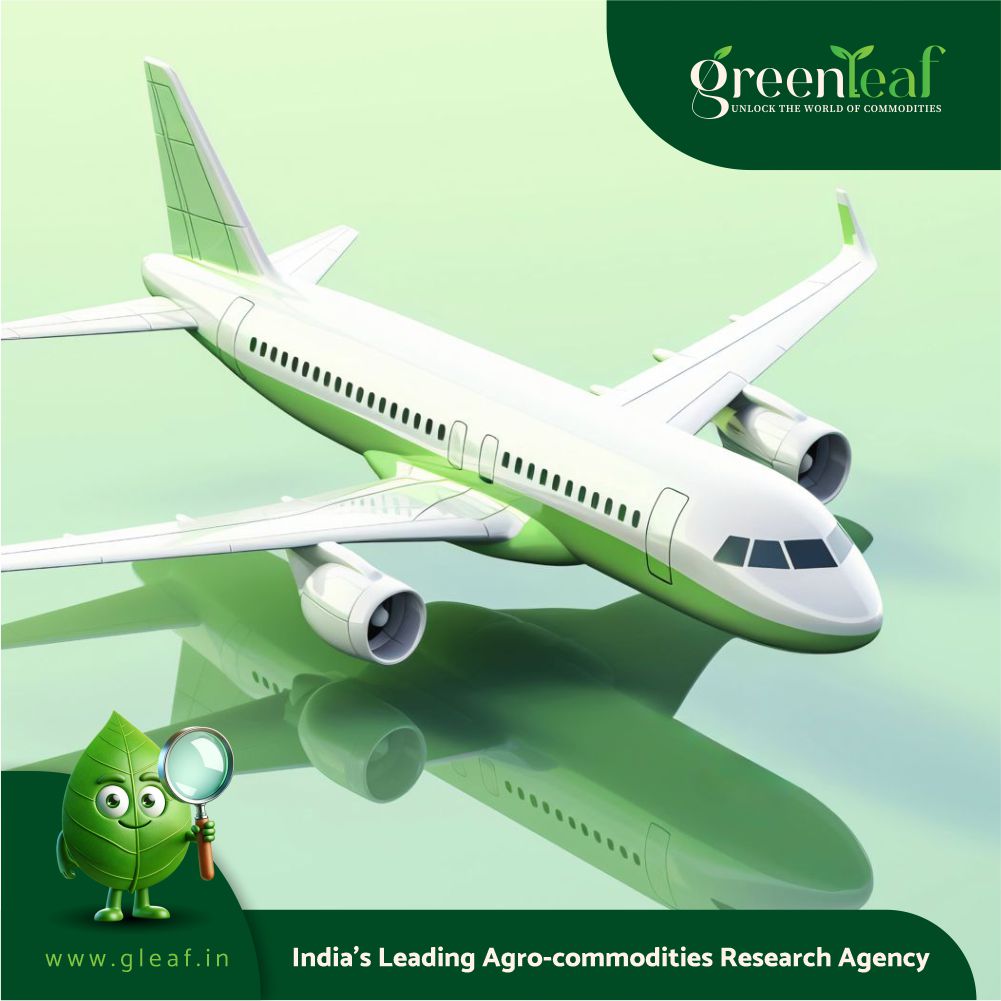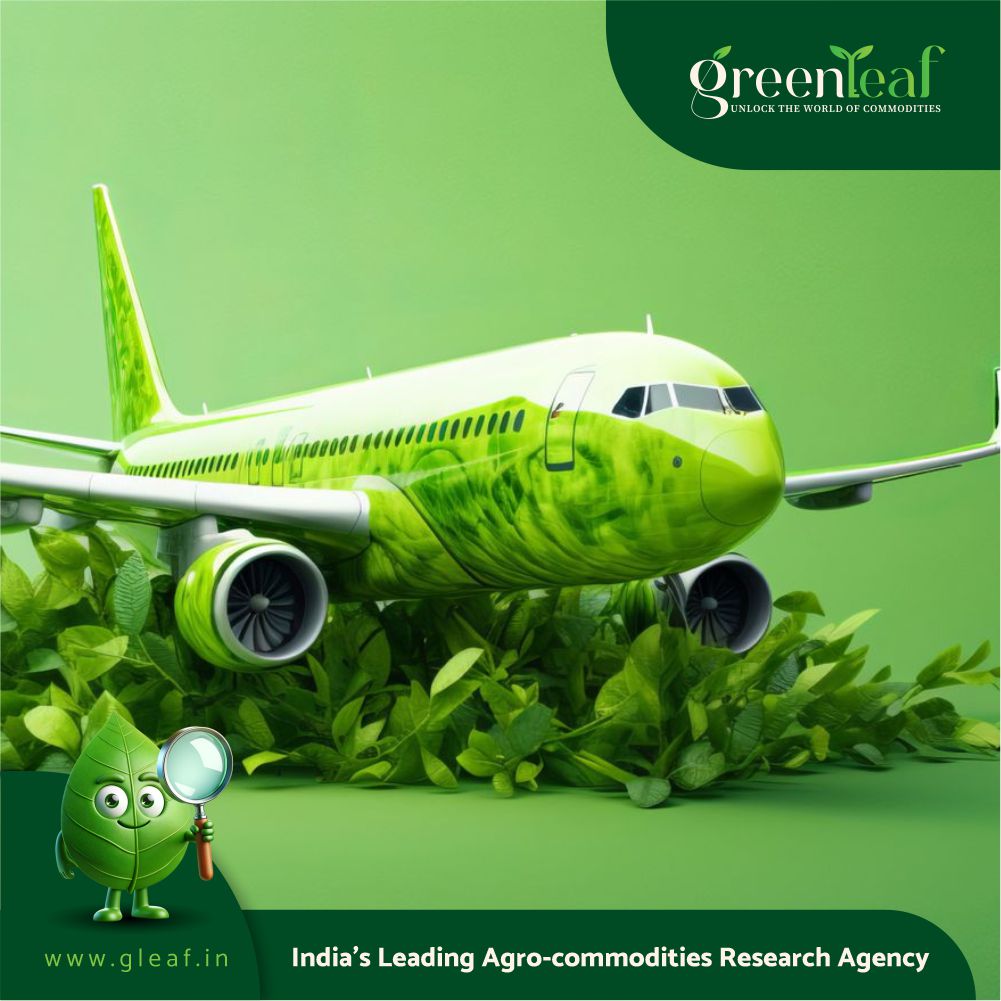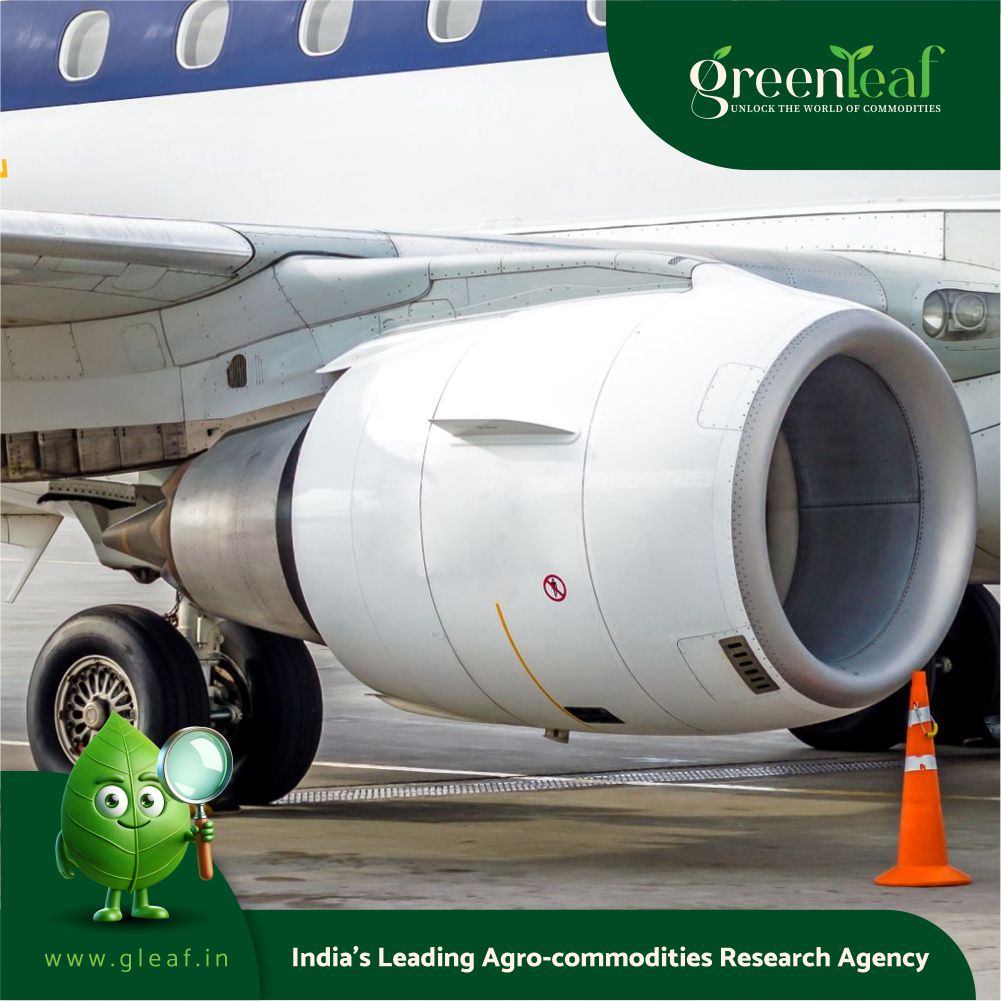Sustainable aviation fuel (SAF) is reshaping the landscape of air travel and sustainable tourism by offering a viable alternative to conventional jet fuels. Airports and airlines across the globe are actively integrating SAF into their operations to reduce greenhouse gas emissions and foster more environmentally responsible travel. Portland International Airport (PDX) and Delta Airlines are leading the charge in the United States, demonstrating a clear commitment to sustainability in aviation. These initiatives have implications beyond the aviation sector, extending into the tourism industry, where the demand for eco-conscious travel options is rapidly increasing.
Portland International Airport and Delta Airlines Leading SAF Adoption
Portland International Airport recently received its first shipment of sustainable aviation fuel, with Delta Airlines being the first commercial airline to utilize this blend. The fuel is composed of two main components: conventional jet fuel, which constitutes half of the mixture, and the feedstock, which provides the sustainable element. The blending process results in a fuel that can be directly used by aircraft without requiring modifications to engines or airport infrastructure.
The adoption of SAF at PDX aligns with broader efforts to improve local air quality and reduce carbon emissions. By transitioning to blended fuels, flights departing from Portland can contribute to lowering the airport’s environmental impact while supporting the local community. While the cost of SAF remains two to three times higher than conventional jet fuel, Delta Airlines has been actively working with suppliers to manage expenses and increase adoption without compromising operational efficiency.
Challenges and Criticisms of SAF
Despite the benefits, the use of sustainable aviation fuel has faced criticism. Some environmental organizations, such as 350PDX, argue that SAF could be a form of greenwashing rather than a definitive climate solution. Concerns have been raised about the risks associated with storing combustible fuels in sensitive areas, such as earthquake-prone zones along rivers. Additionally, producing SAF at the scale required to meet global aviation demand would necessitate an unprecedented increase in production, potentially leading to environmental impacts from land use changes and agricultural practices.
The debate highlights the importance of balancing innovation in sustainable fuels with rigorous oversight and accountability. Advocates emphasize that SAF should be part of a broader strategy, which includes alternative technologies, carbon offsetting, and innovations in flight efficiency to achieve meaningful reductions in aviation-related emissions.
Global SAF Integration in Airports
The adoption of sustainable aviation fuel is not limited to Portland. Airports worldwide are embracing SAF to reduce the carbon footprint of air travel and promote eco-friendly tourism.
Kuala Lumpur International Airport (KLIA), Malaysia: Petronas, Malaysia’s state energy company, supplied domestically blended SAF to Malaysia Airlines through the Malaysia Aviation Group. This initiative supports daily flights to London and contributes to Malaysia’s net-zero emission targets.
Ontario International Airport (ONT), USA: Neste has partnered with Amazon Air to supply SAF to Ontario International Airport. Amazon has become the first company in the region to purchase and utilize SAF, aligning with its commitment to achieve net-zero carbon emissions across global operations by 2040.
John F. Kennedy International Airport (JFK), USA: JetBlue has established a regular supply of SAF at JFK, reinforcing the airline’s dedication to reducing carbon emissions and promoting sustainable aviation.
Chicago Midway International Airport (MDW), USA: Southwest Airlines has entered a supply agreement with Valero Energy to provide SAF at MDW. This partnership represents the largest SAF deal in Illinois and supports Southwest Airlines’ sustainability goals.
Sydney Airport (SYD), Australia: Qantas and Sydney Airport have collaborated with Ampol to import 1.7 million liters of SAF derived from organic sources such as biowaste. The fuel will be used for up to 900 Boeing 737 flights between Sydney and Auckland, representing the largest SAF transaction in Australia.
Thiruvananthapuram International Airport (TRV), India: An open access fuel farm and aircraft refueling facility has been launched to enhance operational efficiency and sustainability. By centralizing fuel distribution, multiple oil marketing companies can share infrastructure, reducing emissions associated with redundant handling processes.
Airlines Leading the SAF Movement
Airlines are increasingly investing in sustainable aviation fuel to reduce environmental impact and support green tourism.
Emirates: The airline has successfully conducted test flights using SAF and has operated commercial flights with blended SAF on routes from Dubai to Sydney and London. Collaborations with Neste and Shell Aviation have ensured SAF availability at airports including Dubai, Amsterdam, and Singapore.
United Airlines: United Airlines has launched an investment fund supporting SAF startups and has secured agreements for future production of up to five billion gallons of SAF, surpassing other global airlines in scale.
Hawaiian Airlines: SAF has been incorporated on flights between Osaka and Honolulu under an agreement with Cosmo Oil Marketing Co., contributing to the airline’s strategy of reducing carbon emissions while fostering SAF market growth.
Cebu Pacific: The airline has signed agreements with Shell Aviation and Neste, completing SAF-powered flights from Singapore to Manila and from Narita International Airport to Manila. These efforts reflect a commitment to sustainable operations and regional eco-tourism promotion.
Bangkok Airways: SAF has been introduced on commercial flights, with a 1% blend to conventional jet fuel to reduce carbon dioxide emissions. The airline continues to explore sustainable fuel sourcing partnerships.
Västflyg: The Swedish virtual airline has partnered with Trollhättan-Vänersborg Airport to operate flights entirely on SAF blends. Passengers can opt to purchase biofuel for flights, and operational strategies, such as flying at lower altitudes, are employed to further reduce fuel consumption.
Ecojet Airlines: A proposed British regional airline aims to operate a fully electric fleet powered by renewable energy once operations commence, potentially becoming the world’s first fully electric airline.
The Role of SAF in Sustainable Tourism
Sustainable aviation fuel plays a crucial role in transforming tourism into a more environmentally responsible sector. Air travel contributes significantly to global carbon emissions, making SAF adoption vital for reducing the ecological footprint of tourism. By offering flights powered by SAF, airlines enable travelers to make more conscious choices, aligning travel experiences with environmental values.
The integration of SAF also presents economic opportunities. Investment in SAF production stimulates local economies, fosters renewable energy markets, and encourages innovation in green technologies. As SAF production scales up, costs are expected to decrease, making sustainable travel more accessible to a broader range of tourists.
Government policies and industry collaboration are critical in supporting SAF adoption. Incentives, blending mandates, and funding for research and development accelerate the availability and use of SAF across international aviation networks. Such collaboration ensures that airlines, airports, and fuel producers can collectively achieve meaningful reductions in emissions while supporting sustainable tourism goals.
Future Outlook
The future of sustainable aviation and eco-friendly tourism is closely tied to the continued development and implementation of SAF. Efforts to improve production technologies, expand infrastructure, and streamline supply chains will determine how effectively SAF can replace conventional fuels. Despite challenges such as high costs and production scalability, ongoing initiatives at airports and airlines globally indicate a growing commitment to greener air travel.
By integrating SAF into operations, airlines and airports are not only reducing carbon emissions but also enhancing the perception of tourism as a sustainable activity. Travelers increasingly consider environmental impact when choosing destinations and transportation options, making SAF a key component of the travel industry’s evolution toward sustainability.
Conclusion
Sustainable aviation fuel represents a transformative advancement for the aviation and tourism industries. From Portland International Airport and Delta Airlines to global leaders like Emirates and United Airlines, SAF is driving a shift toward more responsible air travel. While challenges remain, including cost and production scalability, the adoption of SAF is enabling travelers to explore the world with reduced environmental impact. Through continued collaboration, investment, and innovation, SAF is set to become an integral part of sustainable tourism and aviation, ensuring that the benefits of air travel are balanced with the responsibility to preserve the planet.
















